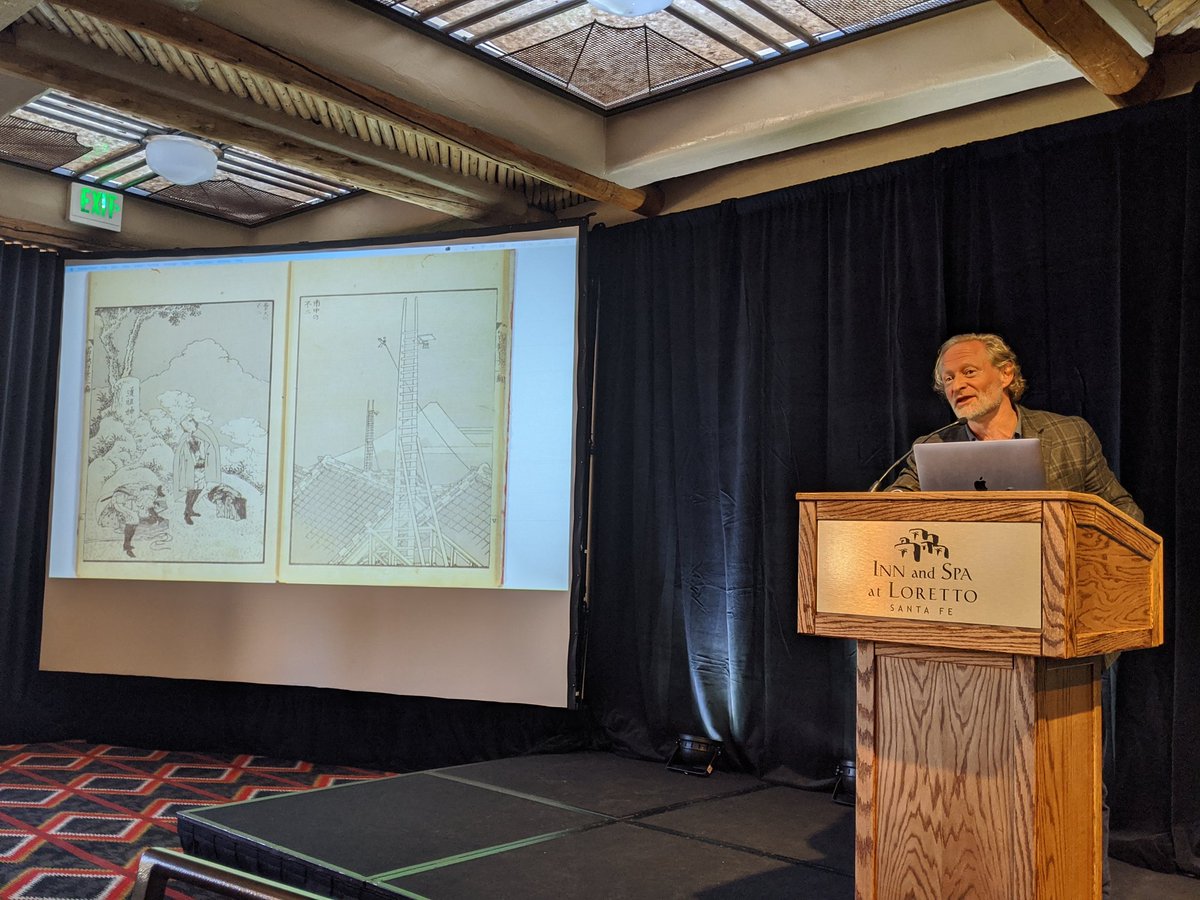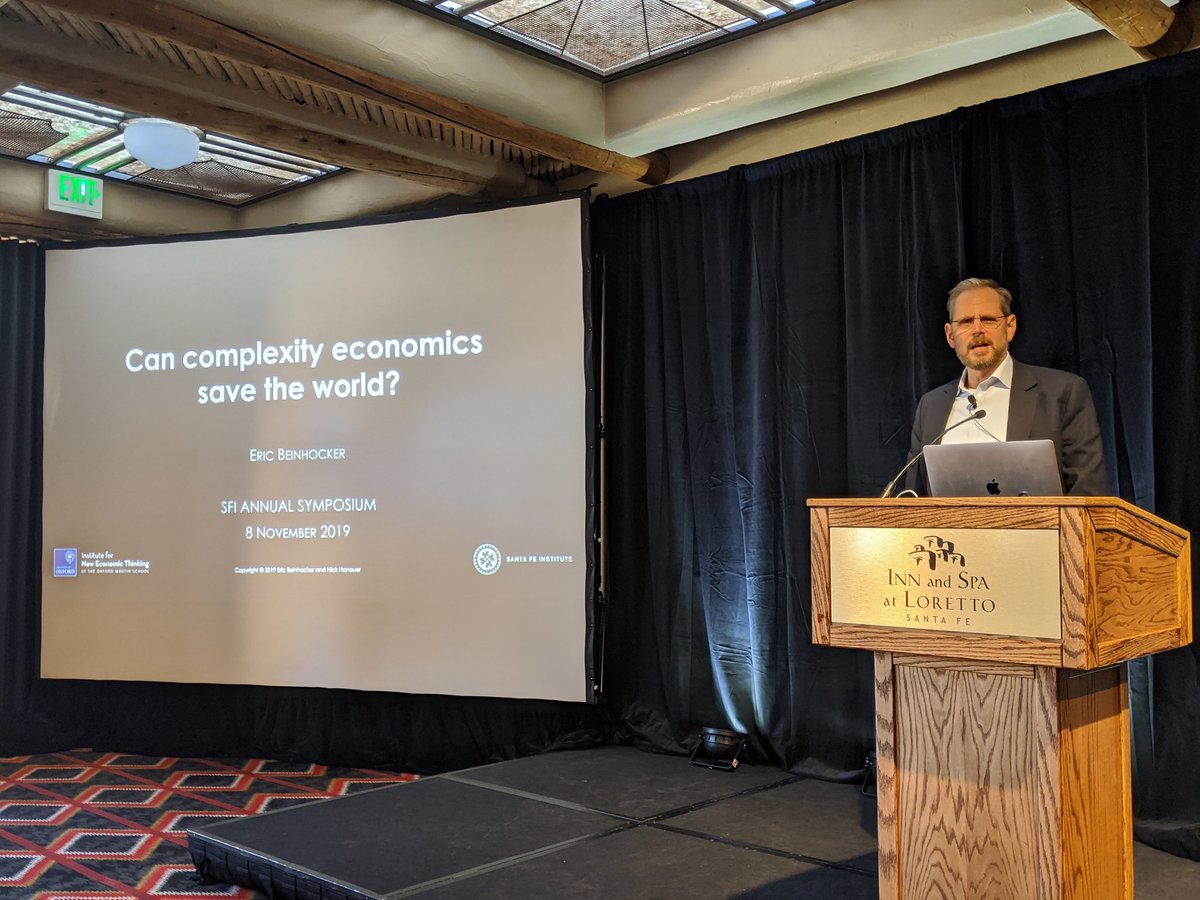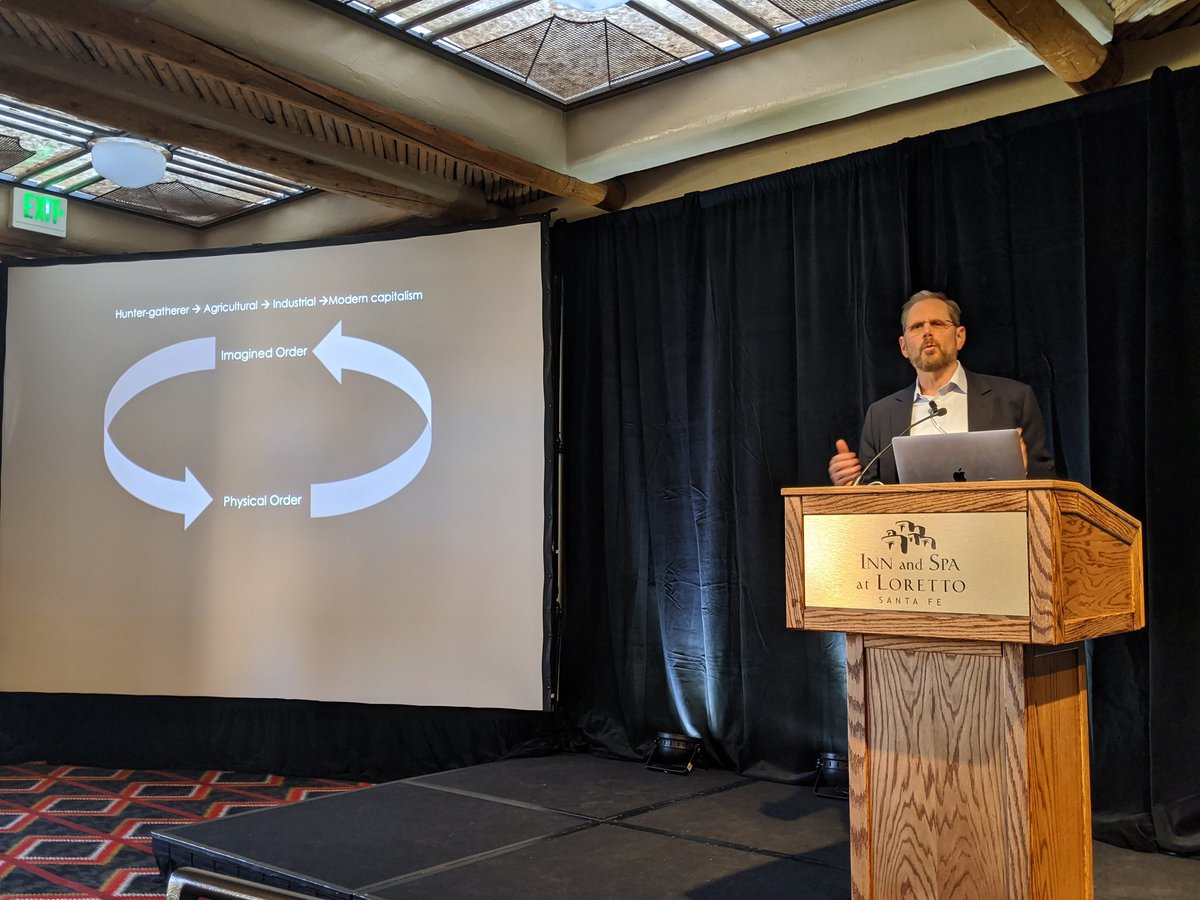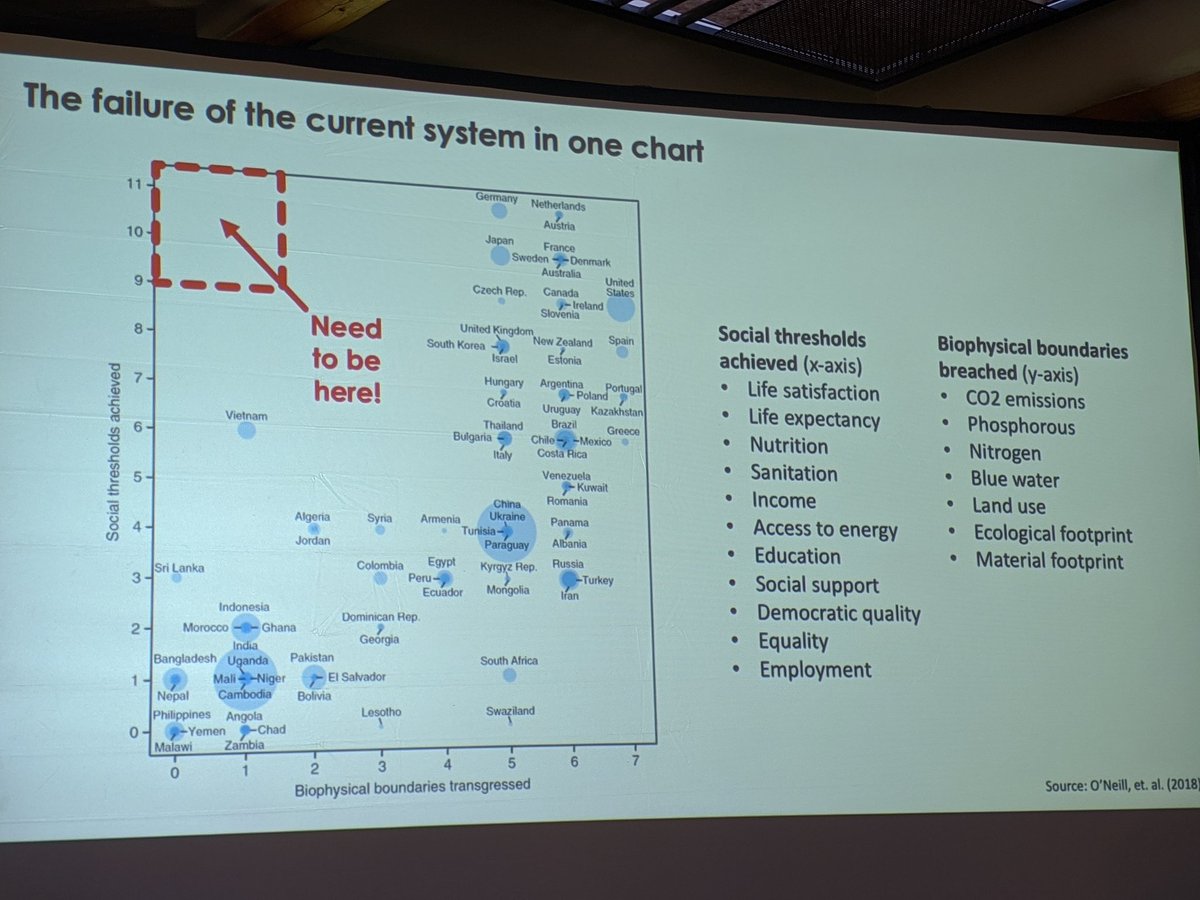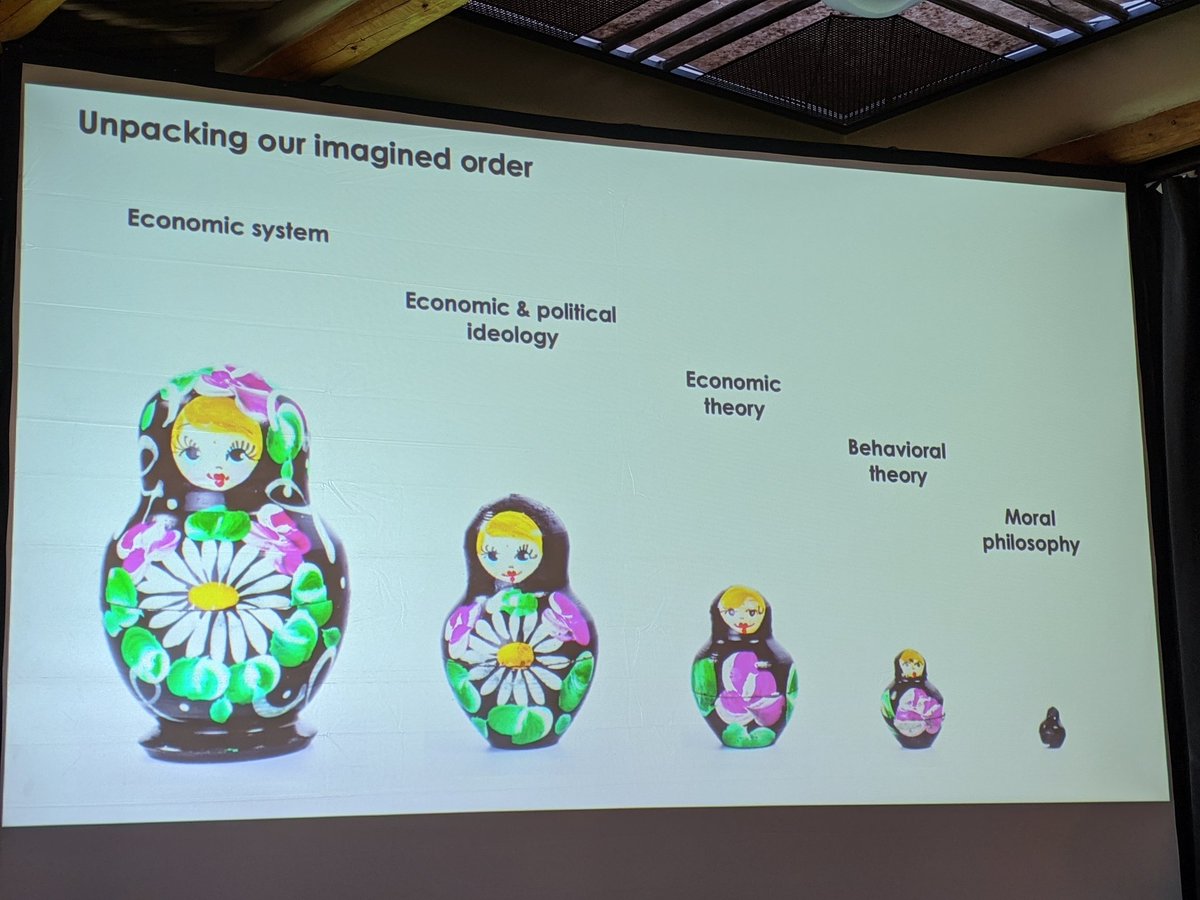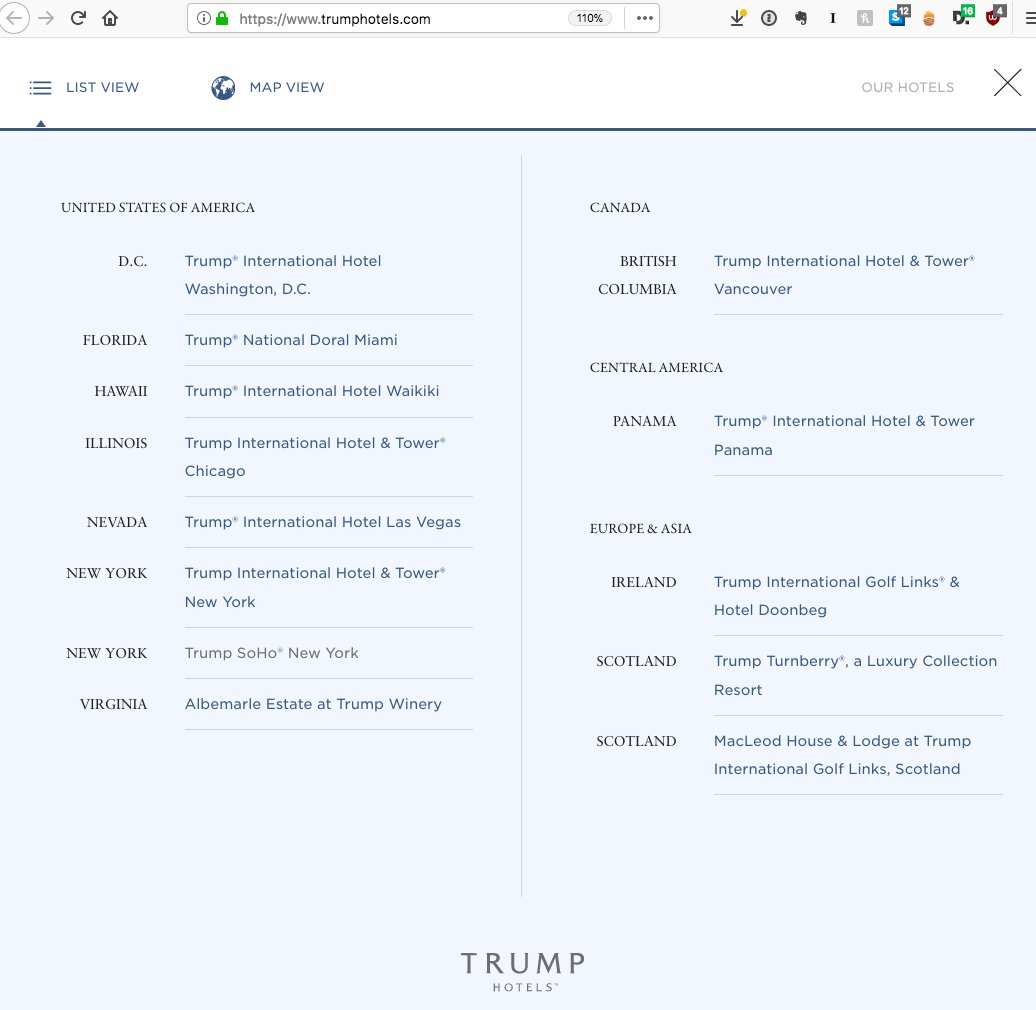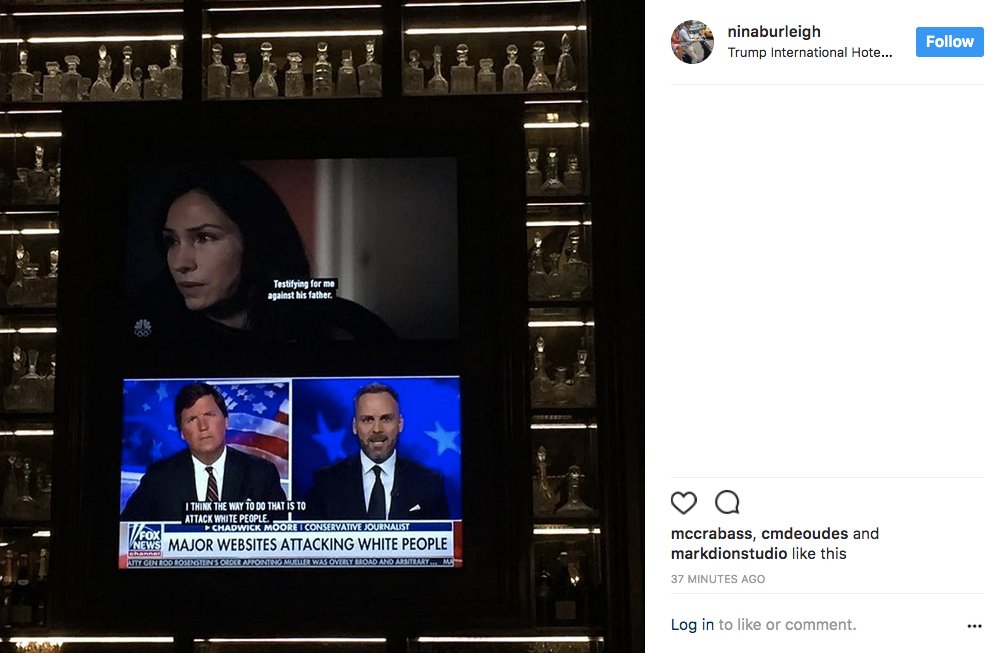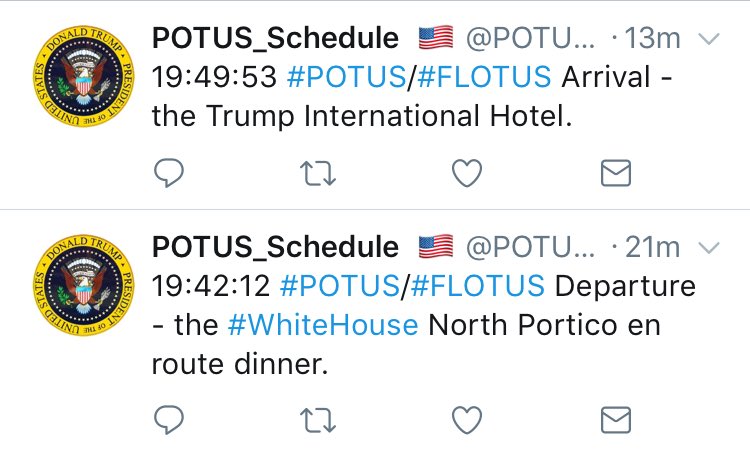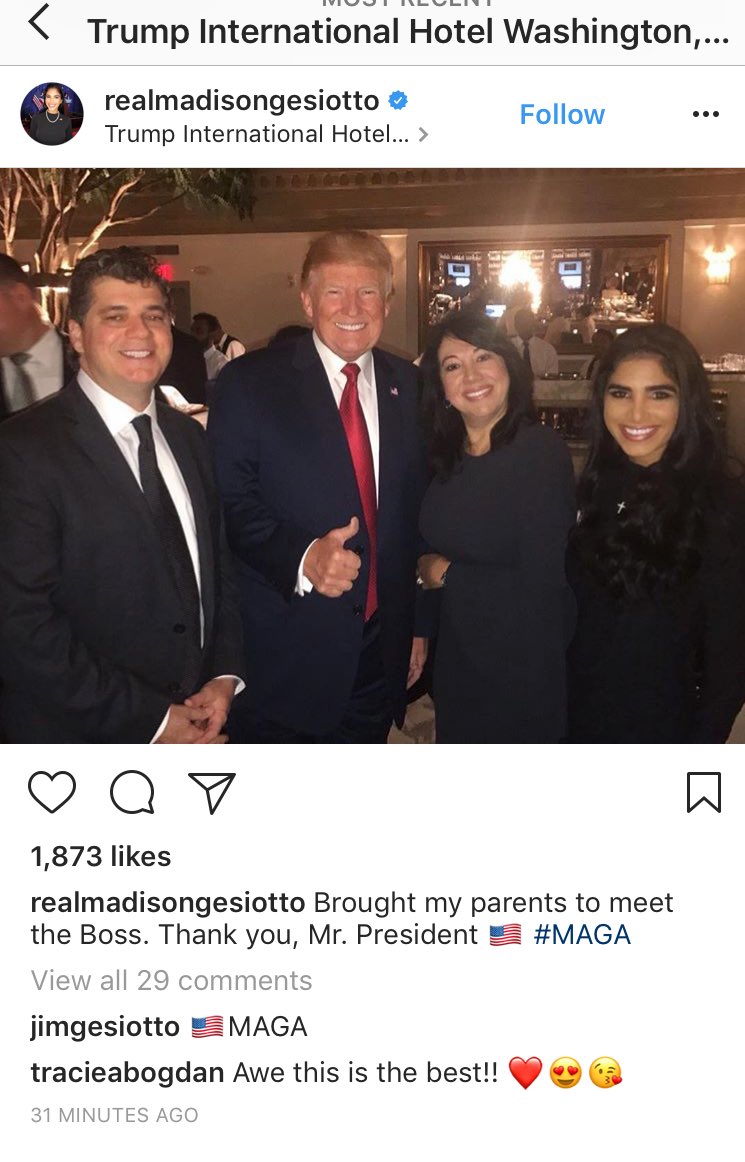(My question: why did developing countries' labor share fall too?)
It's not "either globalization or de-unionization". One causes the other.
Trade pressure has affected everyone, but some countries prevented inequality from rising.
So it's a choice.
(I'm really not sure about that...)
He says that most of the things we do to make things better for our workers will be about domestic policy.
The free trade consensus was allowed to go unchallenged too long, and it seeped into people's minds.
(end)





